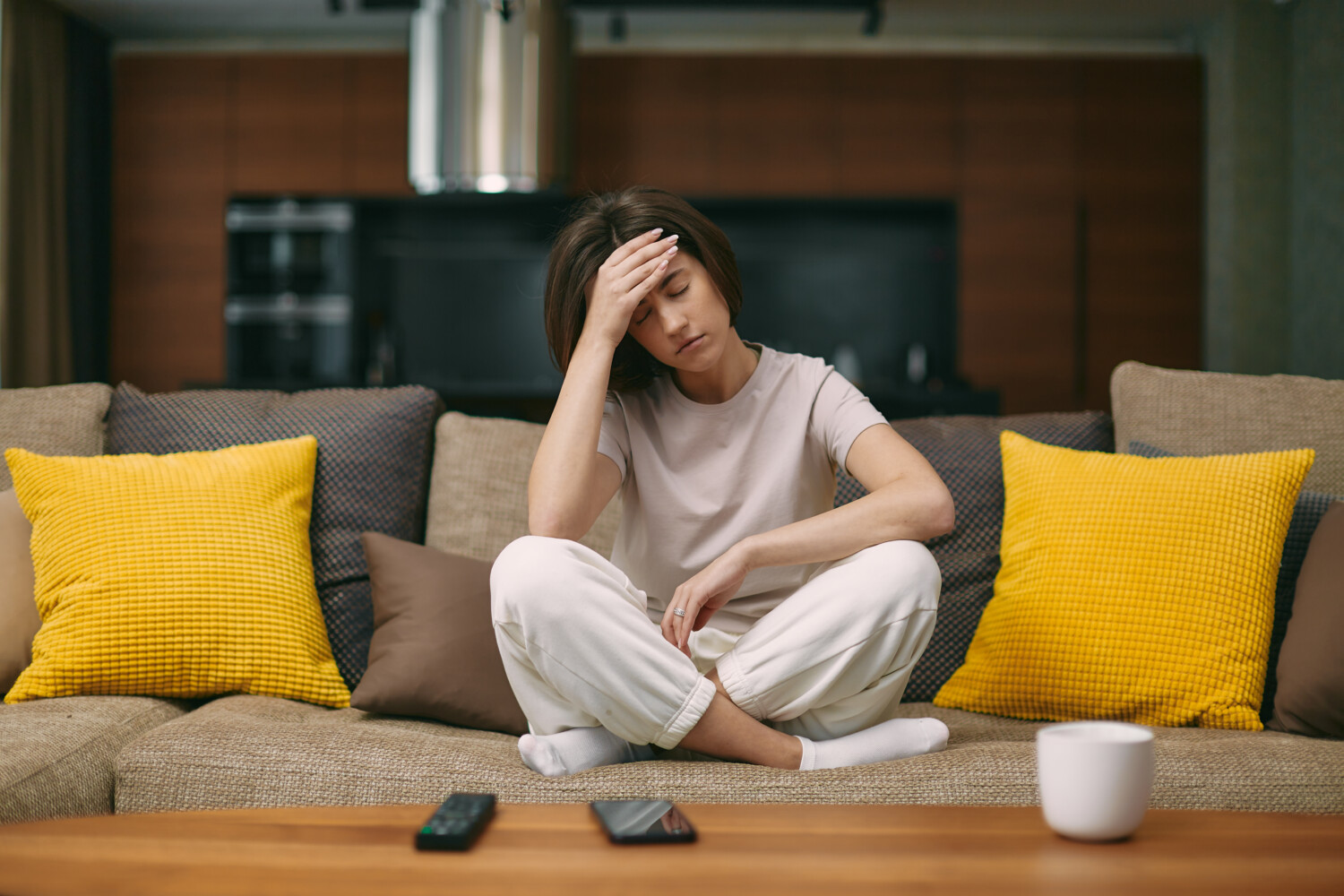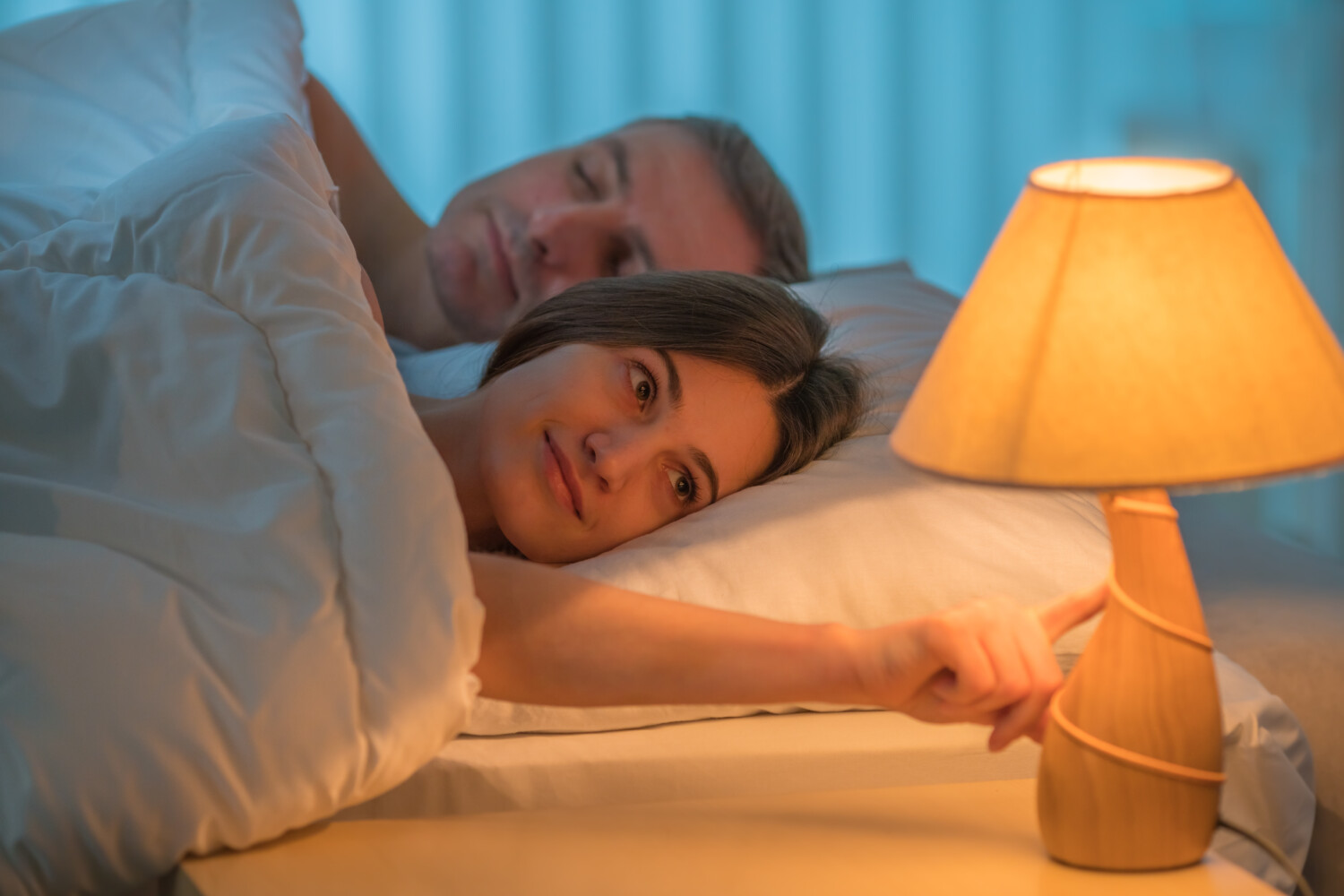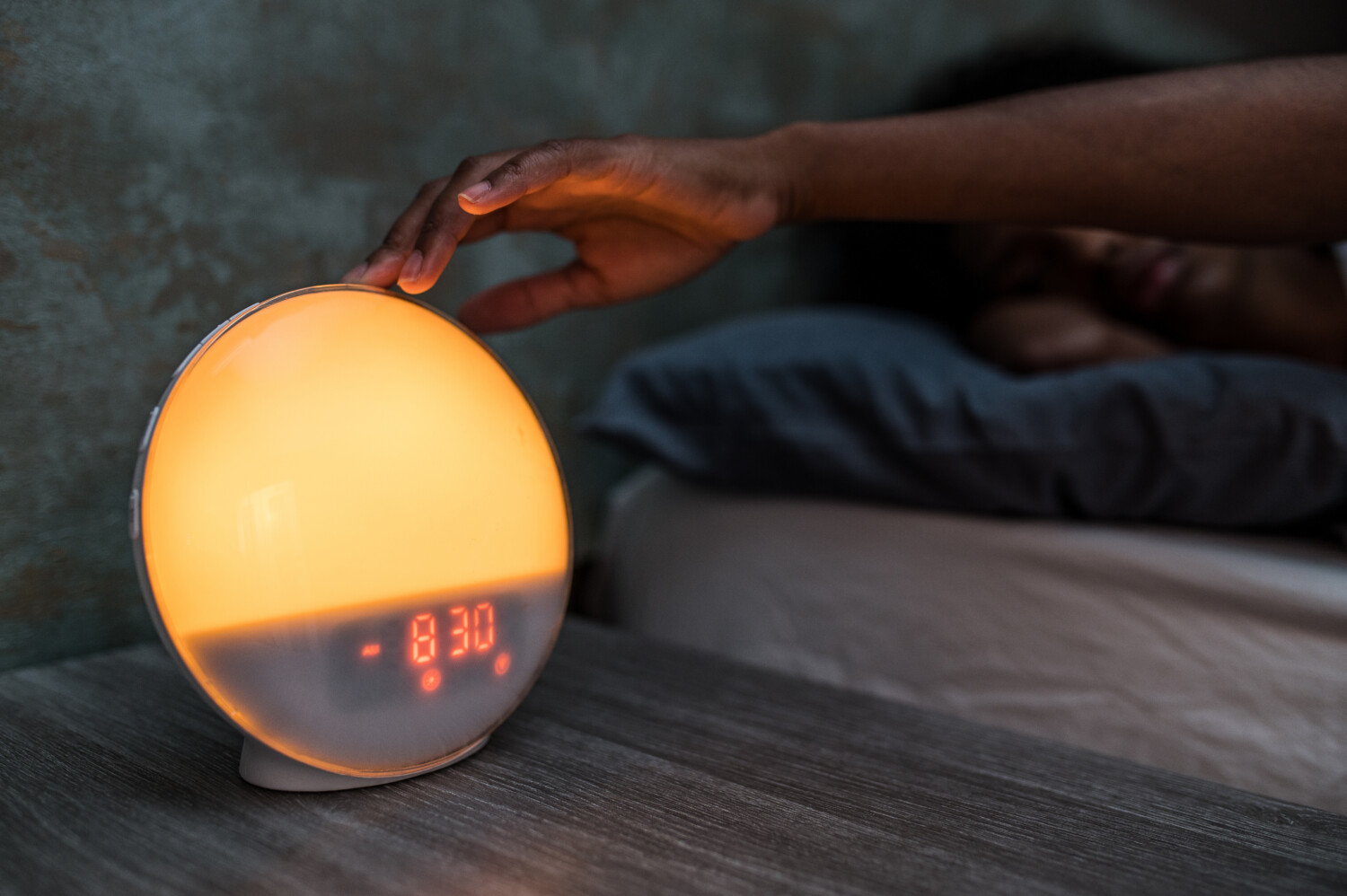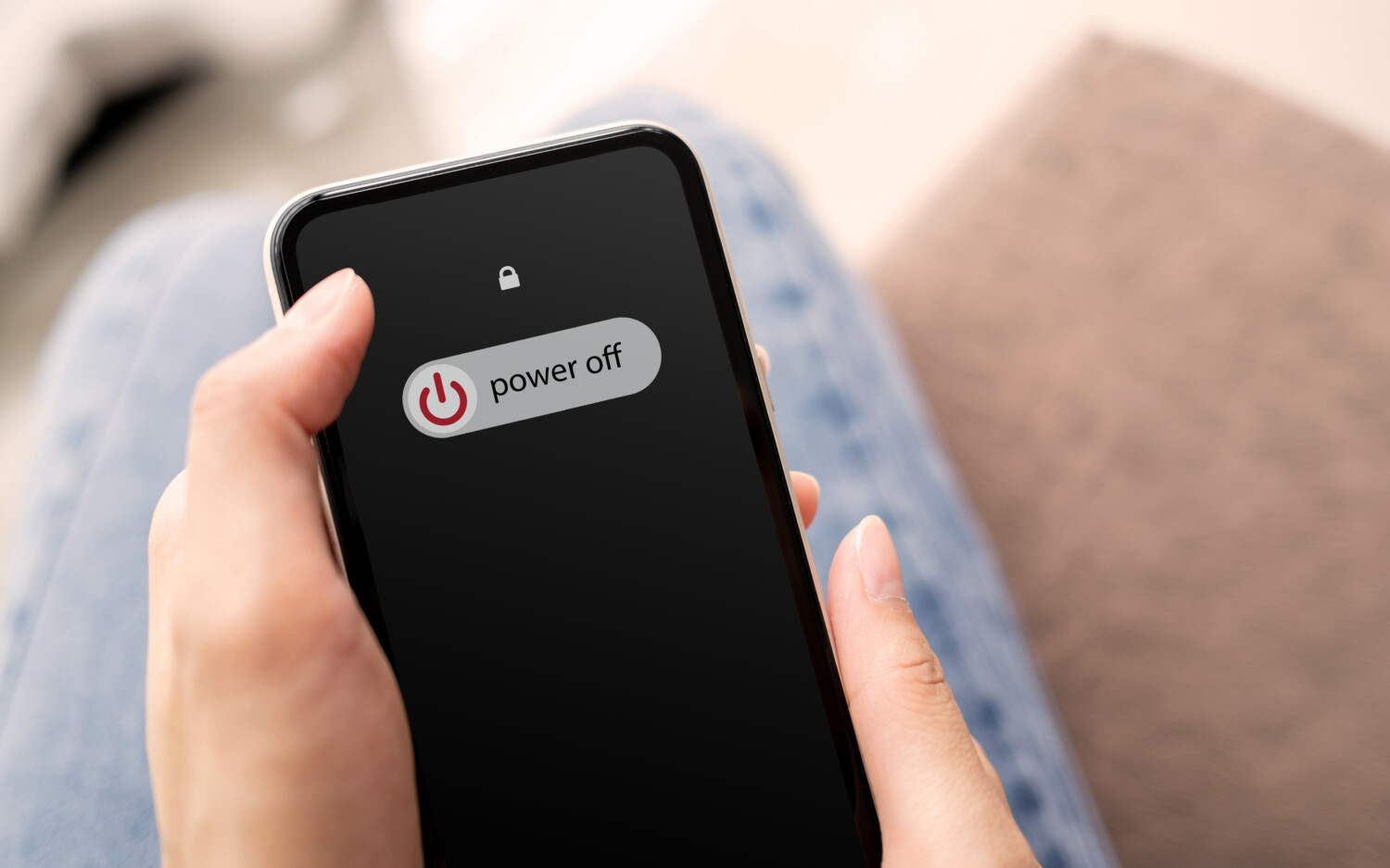Daylight saving time (DST) can lead to feelings of fatigue for those not prepared for it. People often feel run down or exhausted after experiencing a change in their body clock due to their circadian rhythms being disrupted by the sudden shift in time.
Making even a one-hour shift in time can cause disruption to our alertness and well-being, affecting people in many ways. For instance, studies have shown that such a switch can lead to an increased risk of heart attacks and suicides, as well as higher rates of auto accidents and workplace injuries.
When our body clock is thrown out of sync with the world around us, it can have significant and far-reaching implications for our physical and mental health. Taking proactive steps to make the transition easier on ourselves is vital to staying safe and healthy during this adjustment period.
Fortunately, there are simple steps you can take to skip out on the daylight-saving hangover. With these six tips, you can avoid post-DST fatigue and be well-prepared when the clock jumps forward. From creating healthy sleep patterns to making changes in your environment, these easy-to-follow measures will help keep you energized no matter what time you find yourself facing.

Ease Into An Earlier Bedtime
To start, try shifting your bedtime 15 to 20 minutes earlier each day, several nights before daylight saving time begins. This gradual adjustment will help your body adjust more easily and naturally to the new time change. Maintaining an adequate bedtime and wake time is critical for maintaining healthy sleep habits during DST.
“By daylight saving on Sunday night, your body will have gradually adjusted to the new time change,” Whitney Roban, a psychologist and family, educational and corporate sleep specialist, told NBC News.
Ensuring you get enough sleep is also essential for helping your body adjust. Aim for seven to nine hours of sleep per night and avoid napping during the day if possible. However, if you feel extra tired or groggy after the time change, don’t be afraid to take short power naps throughout the day until your body adjusts.

Adjust Darkness And Light
One simple trick is making your bedroom darker at night and brighter in the morning. Doing this will help regulate your circadian rhythm so that it adjusts more quickly to DST. During the evening, try using blackout curtains or shades and dimming lights throughout your house so that your bedroom is dark and quiet when you go to bed. This will help signal to your body that it’s time for bed.
In the morning, letting some light into your room by opening blinds or turning on lights near you is essential. This signals to your body that it’s time to wake up and prepare for the day ahead.
Another option is to use a wake-up light, which simulates the sunrise and helps your body adjust to the new time change. Wake-up lights are designed to slowly brighten your bedroom starting 30 minutes before your alarm time. This gradual increase in light mimics the sun’s natural rising pattern and helps signal to your body that it’s time to start waking up.

Eat Early And Healthfully
Eating a balanced diet with plenty of protein and fewer carbohydrates can help boost your energy levels and provide essential nutrients when transitioning to DST. Also, try to eat meals a little earlier to give your body ample time to adjust.
If you’re prone to snacking, try keeping healthy snacks around your home or office for easy access. Eating healthfully and on a regular schedule can help reduce your fatigue levels and make it easier to adjust to DST.
Staying hydrated is also essential for maintaining energy during the time change. Try to drink plenty of water throughout the day, especially when feeling tired. Also, consider stocking up on electrolytes like sodium and potassium to help keep your energy levels balanced.

Skip Alcohol And Caffeine
To make the transition easier on your body, it’s helpful to cut back on caffeine and alcohol consumption on the days before and after daylight saving time. Caffeine is a stimulant that can interfere with our natural circadian rhythm, making it harder to fall asleep and stay asleep. By cutting back on caffeine in the days leading up to DST, you can help your body adjust more quickly to the time change.
Alcohol consumption can also disrupt our sleep patterns. Although alcohol may make us feel sleepy at first, it actually interferes with deep sleep and makes us more likely to wake up during the night. Cutting back on alcohol in the days leading up to DST will help you get better quality sleep and make it easier for your body to adjust to the new time.

Soak In Some Sun
While the time change can be disorienting, getting enough sunlight can help make the transition easier. Sunlight is essential for our bodies to regulate circadian rhythms. When we get enough sunlight during the day, it helps us stay alert and energized throughout the day and fall asleep easily at night. This is especially important when transitioning to daylight saving time because it helps us quickly adjust to the new time schedule.
To get the most out of daylight saving time, try to get 15 minutes of sun in the morning after the clocks are changed.
“Getting light early in the morning is key,” Dr. Michael Awad, chief of sleep surgery at Northwestern Medicine in Chicago, told Everyday Health.
This will help reset your body’s internal clock and make it easier to wake up earlier. If you can’t get outside right away, try opening your curtains or blinds to let natural light into your home.

Limit Screen Time
To make the transition easier, cutting back on screen time in the days leading up to DST is beneficial. This is because the blue light emitted from screens can suppress melatonin production and interfere with our natural sleep-wake cycle.
Limiting screen time before DST will help your body adjust more quickly to the time change. This means avoiding screens at least an hour before bedtime and ensuring you are getting enough natural light during the day.
“Devices should be off and charging away from the bed, whether it’s in the kitchen or another room besides the bedroom,” pediatrician Dr. Cora Collette Breuner, a professor of adolescent medicine at the University of Washington’s department of pediatrics in Seattle, told CNN. “We don’t secrete melatonin to help us sleep when we’re staring at light.”

There are a few things you can do to make the transition to daylight saving time this weekend easier on your body. If you find yourself struggling, don’t worry! It usually takes about a week for your body to adjust to the new time change. Just be patient and try to take it easy on yourself during the transition.
This story originally appeared on Simplemost. Check out Simplemost for additional stories.


